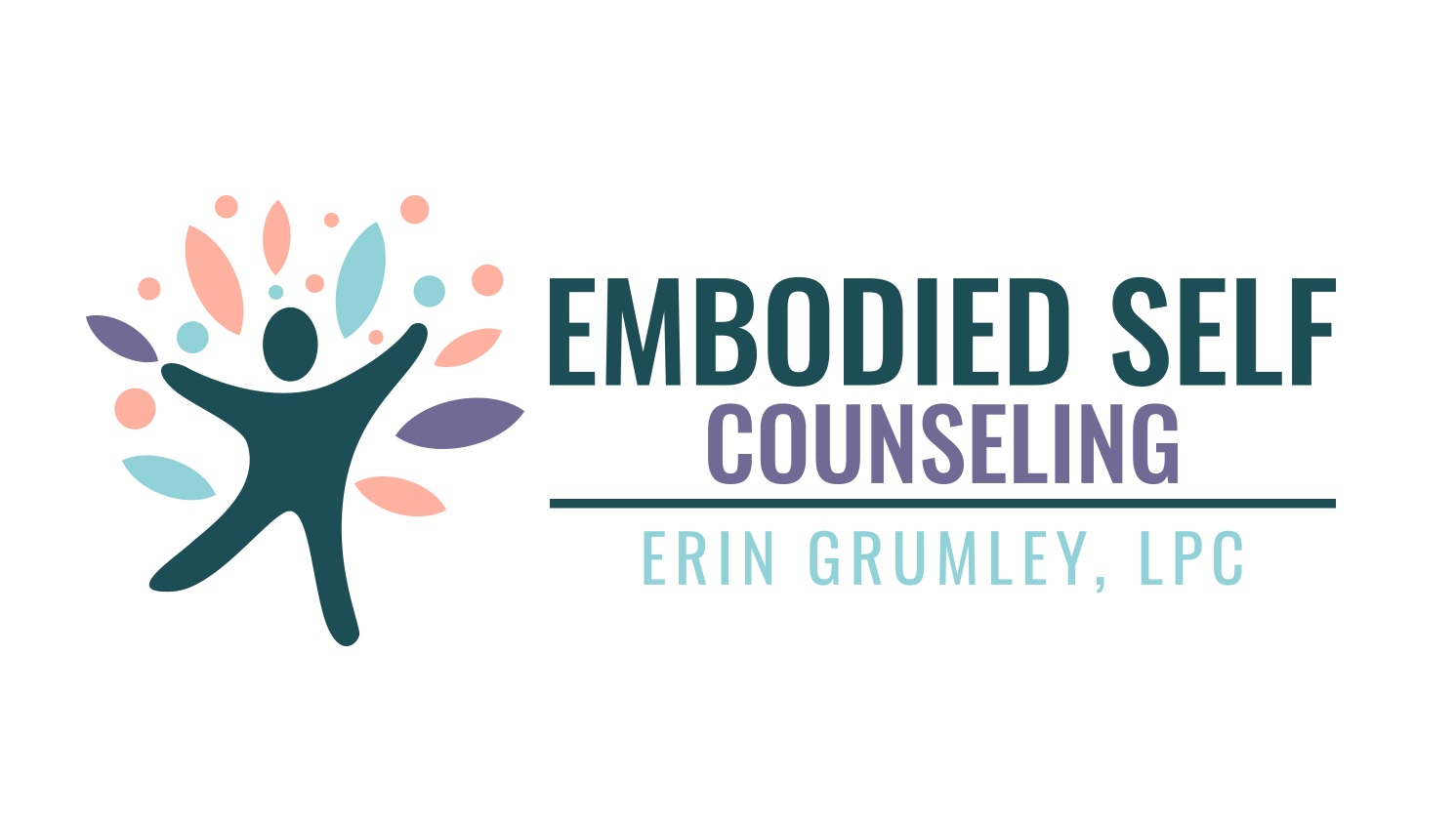The Facebook Response Too Long to Send
The above Facebook post appeared in my newsfeed over the weekend. I spent way too much time and energy writing the following response but in the end chose not to share it for a variety of reasons, one of which is that this response was WAY too long for a Facebook discussion. So rather than wasting that energy, I decided to share it here.
The framing of fat bodies as an "epidemic" is totally unfounded and irresponsible. Fat Shame, in a historical context, came about in the service of racism...as a way to distinguish the self from the other. Weight ideals have changed in different periods of our history. In the early 20th century, white urban workers started to differentiate themselves from immigrants and other races by calling attention to differences in body sizes and idealizing a thin body which not too long before had represented sickness and poverty. Perpetuating fatphobic beliefs is oppressive, and a social justice issue. Weight and body sizes are connected to so much more than what is in somebody’s control. Genetics, trauma, socioeconomic status, and race can all contribute to the size of somebody’s body. Is it that hard to believe that if somebody can be naturally thin, that they can also be naturally fat? Or naturally average? To talk as if body sizes are something that is the fault of the person is to ignore the fact that body sizes are determined by so much more than what a person eats. It ignores factors like trauma, socioeconomic status, genetics, mental health, medication, food scarcity/availability, among others that all contribute to the size of our body.
To the extent body sizes actually have increased over time, we can actually thank diet culture and weight cycling for that -- not that increased body size is a bad thing, but just that it's likely that dieting is actually contributing to the exact thing it purports to be preventing. 95-98% of diets fail usually resulting in gaining even more weight than lost. Additionally, with each “failure,” a person increases their set point, meaning that the weight that a person’s body naturally exists without taking measures to change the size of their body increases through yo-yo dieting.
There was a moment in time (1998) when the BMI chart was changed to make the threshold for "obesity" lower than it was before, meaning that thousands of people literally became "obese" overnight. BMI is not an indicator of health. It is just a ratio between height and weight. Considering that BMI is often the measuring tool used when discussing the “obesity epidemic,” I feel that it is important to point out its inherent flaws. Bone density and muscle mass are not considered in the BMI equation, resulting in some falling under the obese label being athletes at the top of their game (I suggest that you google “pro athletes BMI obesity...there are many reputable news sources reporting on the topic).
And finally, more recent research (see books Health at Every Size, Anti-Diet, and Fuck It Diet) tells us that the trauma and stress of being in a fat body is causing more health problems than the actual weight itself. Every time somebody in a larger body steps outside, they face judgment. It is seen as a moral choice to be fat. Oftentimes people spend their life hating their body and trying to change it because of these judgments and repeatedly failing, perpetuating the idea that something is inherently wrong with them. Think of the stress and trauma that can cause, which also causes a myriad of health conditions often attributed to obesity.
This statement is not just irresponsible, it is also offensive and perpetuating harmful fatphobic beliefs while minimizing an actual pandemic threat.
Curious to learn more about HAES? Wondering if an anti-diet or HAES approach is right for you? If you would like more information or have questions about individual counseling, schedule a free 20 min consult here.
Embodied Self Counseling is located in Maplewood, MO. We work with clients struggling with eating disorders, body image, anxiety, gender identity, and life transitions in Maplewood and surrounding communities in the greater St. Louis area

